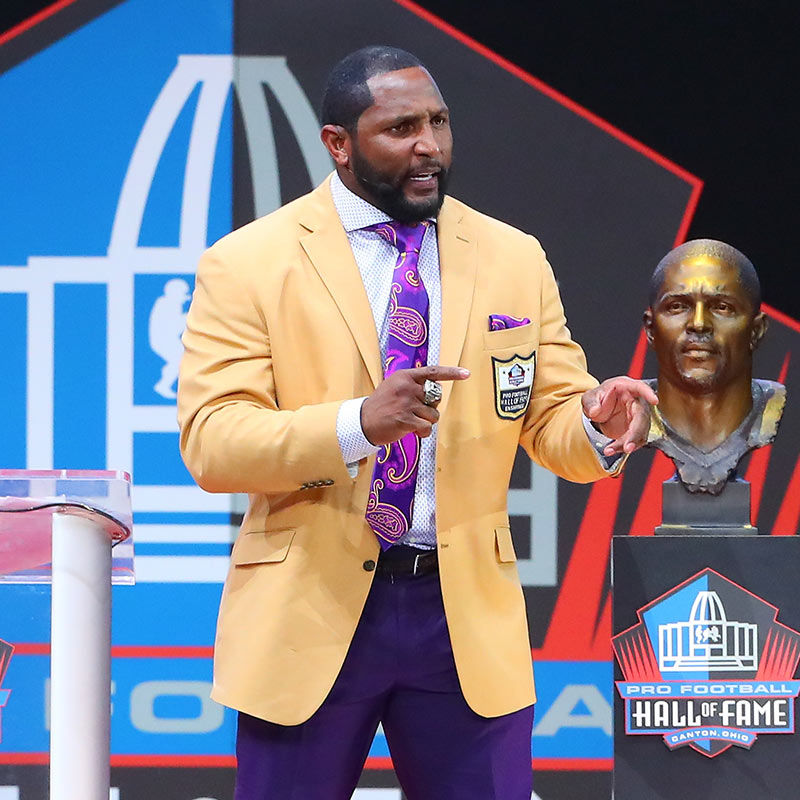Every year in Canton, Cooperstown, Springfield, and Toronto, there’s a select group of professional athletes that are enshrined, recognized as the best in their class, craft, and respective sport.
Each year, there’s an ensuing debate for those athletes who—though talented, accomplished, and well deserving in their own right—are left out of being inducted and recognized at their sport’s Hall of Fame ceremonies.
Challenging questions arise like, “Should a known steroid user be rewarded for his illegal usage? Should a player who never “cheated” be honored before others who were actually better on the field? Is a player more deserving of candidacy because they honorably served as a pillar for their franchise and community off-the-field? Is it even fair to statistically compare modern day athletes with those who played in previous eras due to the advancements of technology and training regimes?”
These subjective arguments are sifted through annually and become the voting responsibility of committees composed of journalists, executives, and former players.
But at this year’s NFL Hall of Fame ceremonies, another thought was offered up by Ray Lewis:
“Do you want to merely be a legend or be a legacy?”
Lewis urged his fellow Hall of Famers and the crowd to consider that, "We need people that are willing to step up and take action. We can go from being legends to building a legacy bigger than football, bigger than sports.”
Former Green Bay Packer great, Jerry Kramer, in his induction speech, offered similar sentiments, saying, “After the game is over, the stadium lights are out and you're back in the quiet of your room with the championship ring on your dresser, the only thing left is to lead a life of quality and excellence."
Wow! Talk about a sobering thought.
So often in sports and life, it’s easy to get caught up in accolades, media clippings, and local celebrity fanfare—thinking that these things will last forever.
It’s interesting to me, however, that in God’s economy our quest for “significance” or legendary status usually requires a paradigm shift that is counter-cultural in nature:
I Thessalonians 4:11,12 encourages us to lead a quiet life that, when done with excellence, wins the respect of onlookers.
Philippians 2:4 urges us look out for other’s interests, not just our own.
Matthew 6:19-20 tells to invest in eternity instead of just acquiring goods here on Earth.
A legacy isn’t determined or limited by amounts of money, fame, or public recognition.
Legacy includes quality traits like godly character, wisdom, integrity, and trustworthiness (Proverbs 13:22). It includes characteristics like keeping your word, faithfully loving your spouse and being present for your children. It includes showing up on time at work, speaking kindly of others, and doing your best at every task.
For Christians it includes doing the daily things—from Bible reading and cooking meals to interacting with people and maintaining mundane details—in such a way that we honor God (Proverbs 3:3-4).
These seemingly off-the-field moments aren’t easy, but they’re worth it. Because it’s in the off-the-field moments where victories are truly won and legacies established.












